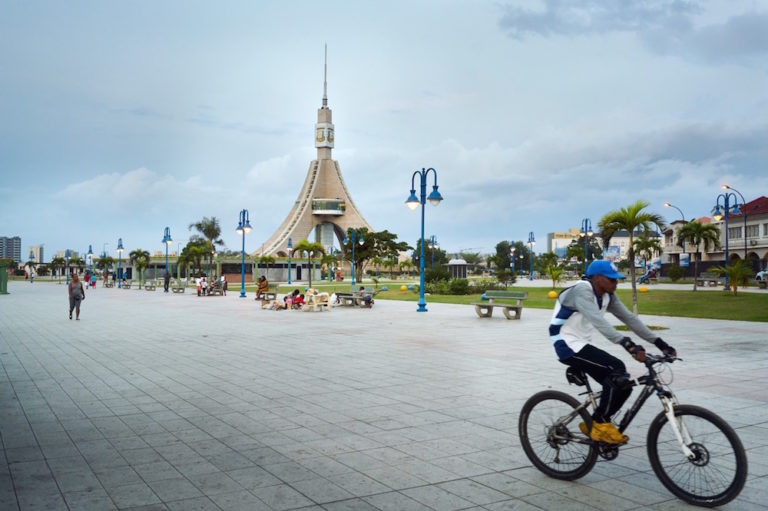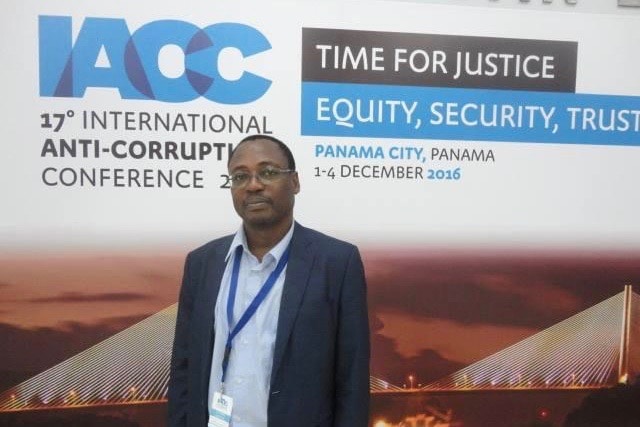Government censorship extends to coverage of any political unrest abroad.
UPDATE: Authorities bar reporter from press freedom debate (CPJ, 7 May 2012)
(CPJ/IFEX) – April 6, 2012 – The following is a CPJ Blog post:
By Mohamed Keita/CPJ Africa Advocacy Coordinator
While Mali remains in global headlines with a March 22 military coup and rebel claims of an independent state, citizens in Equatorial Guinea are kept in the dark about the crisis unless they have access to international media, CPJ has gathered from interviews with journalists and a government spokesman.
For more than 32 years, President Teodoro Obiang, Africa’s longest-serving leader, has kept a tight grip on Equatorial Guinea’s politics, economy, and press — either through direct control, patronage, or indirect pressure, according to CPJ research. Diverting from the official line is unthinkable for state media, and reporting critically about the ruling elite — which is embroiled in international criminal probes for allegedly siphoning off the country’s oil wealth — is bad business for any of the country’s private newspapers.
Government censorship extends to coverage of any political unrest abroad. At the onset of the Mali coup, RTVGE, the state-controlled national broadcaster, broke the news via its radio station, but did not carry out any further reporting on the issue, according to local sources who spoke to CPJ on condition of anonymity for fear of government reprisals. RTVGE also operates the only TV network in the country, but no mention of the coup has been aired on TV.


